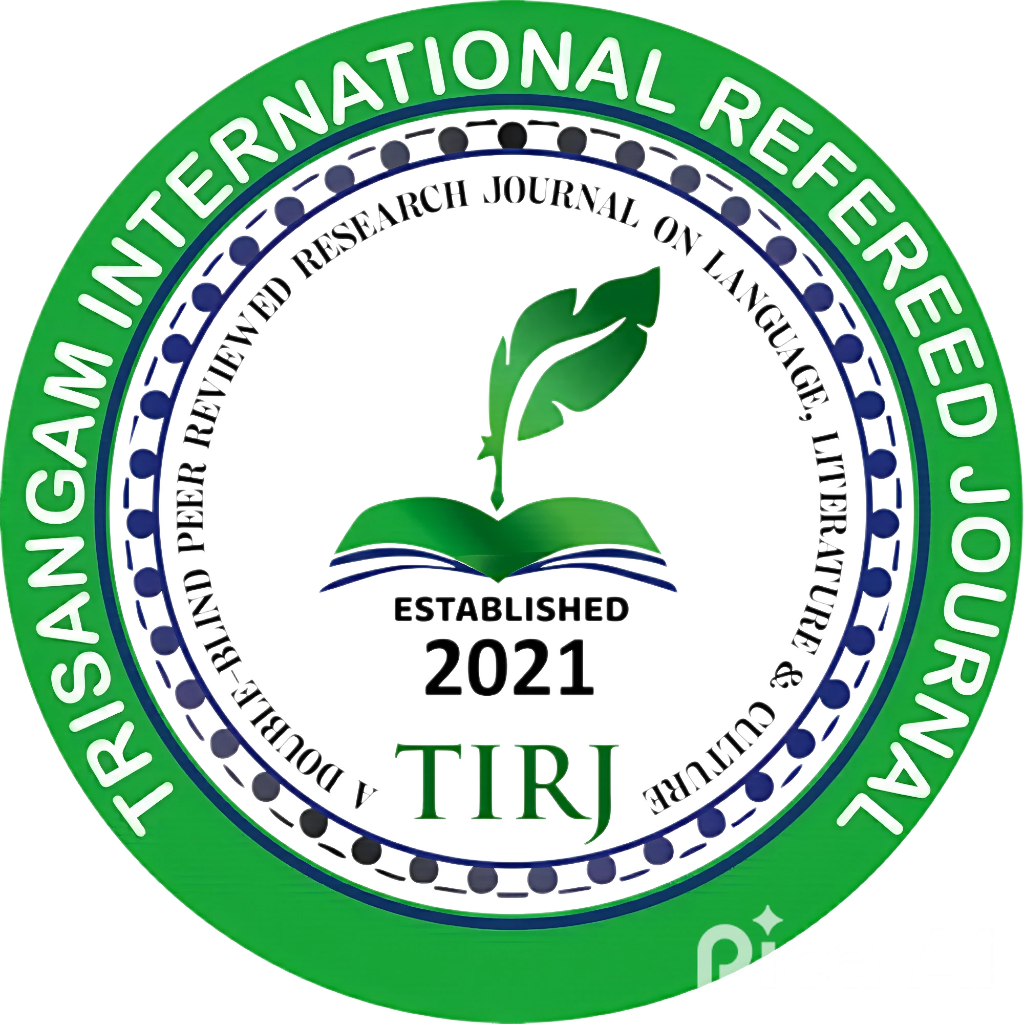India's Past tradition, Cultural Diversity, and Nation Building : A study/ ভারতের অতীত ঐতিহ্য, সংস্কৃতিক বৈচিত্র্যতা এবং রাষ্ট্র নির্মাণ : একটি বিশ্লেষণ
Keywords:
- Colonialism,
- Cultural diversity,
- India,
- Nationalism,
- Nation building,
- Past tradition
Abstract
After World War II, non-european territories gradually began to free themselves from the grip of colonialism. Due to the diversity of social identities, non-Western societies faced complex issues related to the nation building process. India is a notable example of this. The process of nation-building always needs a political center which is formed under nationalism. In Europe, the diversity, variety, and contradictions among social identities are not as pronounced as in non-Western countries. Thus, the complexities associated with nation-building are less there. For instance, nation-building in Europe has often centered around a single identity, such as linguistic identity, or racial identity. For example, Germany formed on the basis of ethnic-racial identity.
However, in Eastern countries, the process of nation-state formation has become more complex due to significant differences in social identities. In this context, two tendencies are observed in the nation-state construction of India. Although both tendencies are modern in origin, the first has its roots in past traditions, while the second is politically constructed. In other words, the first tendency is related to India’s ‘cultural nationalism,’ while the second is closely linked to India’s ‘political nationalism.’
This essay will primarily discuss how nationalism and national identity are constructed through India's past traditions, social and cultural values, historical elements, and mythological characters as the 'memory of the nation.' It will also explore how cultural aspects have combined with political processes to shape the Indian territory into a modern nation-state, despite its diverse characteristics.
Downloads
References
১. Schnee, Walter. ‘Nationalism: A Review of The Literature’. Journal of Political & Military 29.1 (2001): 1-18. https://www.jstor.org/stable/45292824
২. চট্টোপাধ্যায়, পার্থ. ইতিহাসের উত্তরাধিকার. কলকাতা: আনন্দ পাবলিশার্স, ২০০০
৩. Smith, Monica L. ‘Archaeology, Museum and The Creation of National Identity in The Indian Subcontinent.’ The Entangled Past: Integrating History and Archaeology – Proceedings of The 30th Annual Conference. (2000)
৪. Kingsley, Maria. ‘‘Art and Identity : the Creation of an ‘Imagined Community’ in India." Global Tides 1. 2 (2007): 1-10. https://digitalcommons.pepperdine.edu/globaltides
৫. Chandra, Bipan; Mukherjee, Mridula And Mukherjee, Aditya. India After Independence: 1947-2000. United Kingdom: Penguin, 2002, Print
৬. Varshney, Ashutosh. "Contested Meanings: India's National Identity, Hindu Nationalism, and the Politics of Anxiety. "Summer 122. 3 (1993) : 227-261. https://www.jstor.org/stable/20027190
৭. Nanda, Subrat K. “Cultural Nationalism in a Multi-national Context: The Case of India." Sociological Bulletin 55.1 (2006): 24-44. https://www.jstor.org/stable/23620521
৮. Parekh, Bhikhu. "Defining India's Identity." India International Centre Quarterly 33. 1 (2006):115. https://www.jstor.org/stable/23005931






